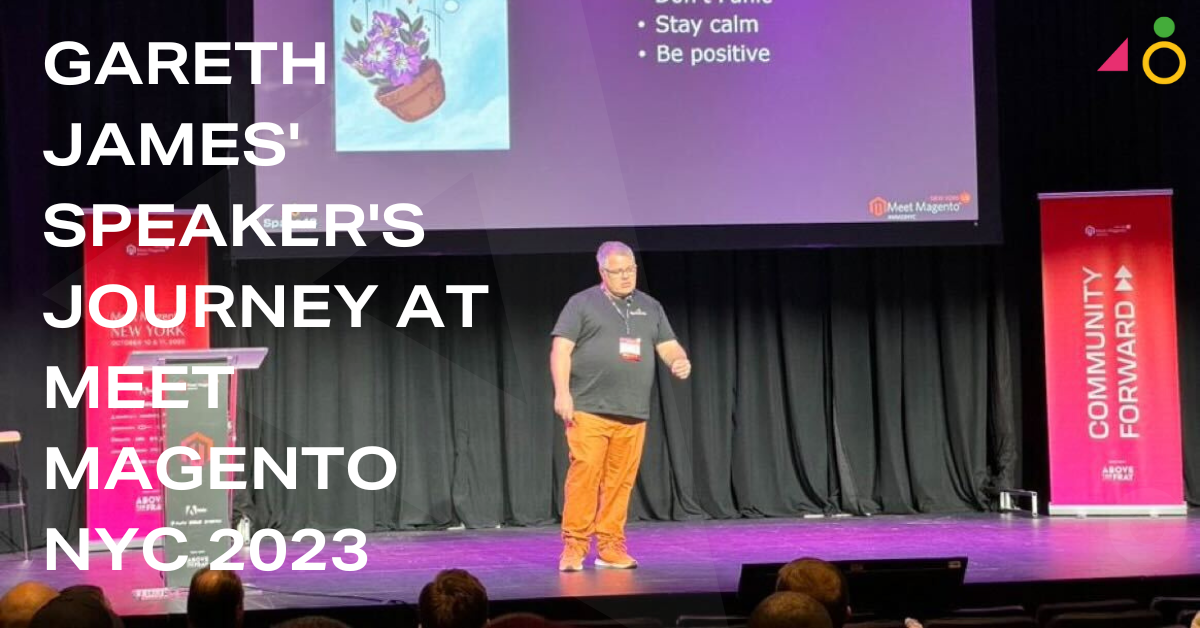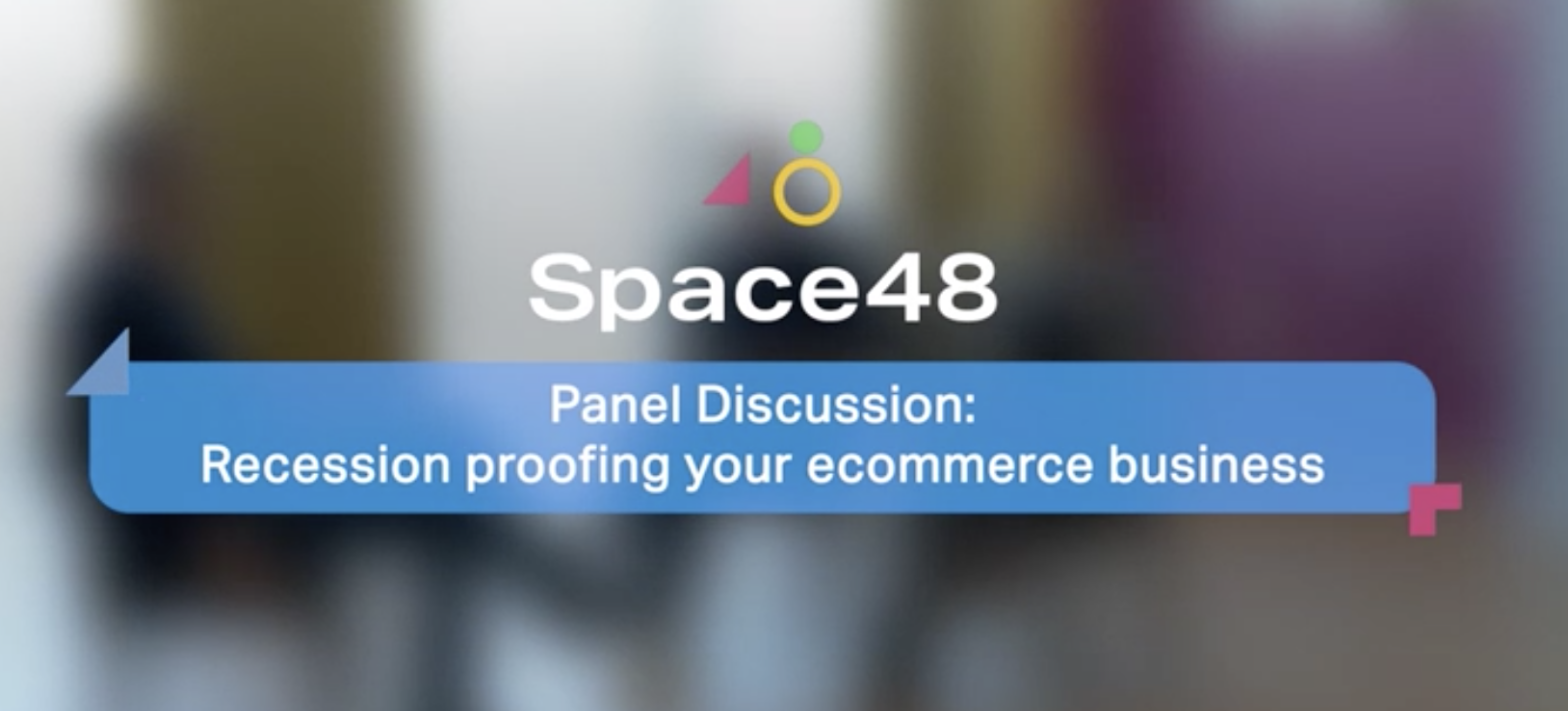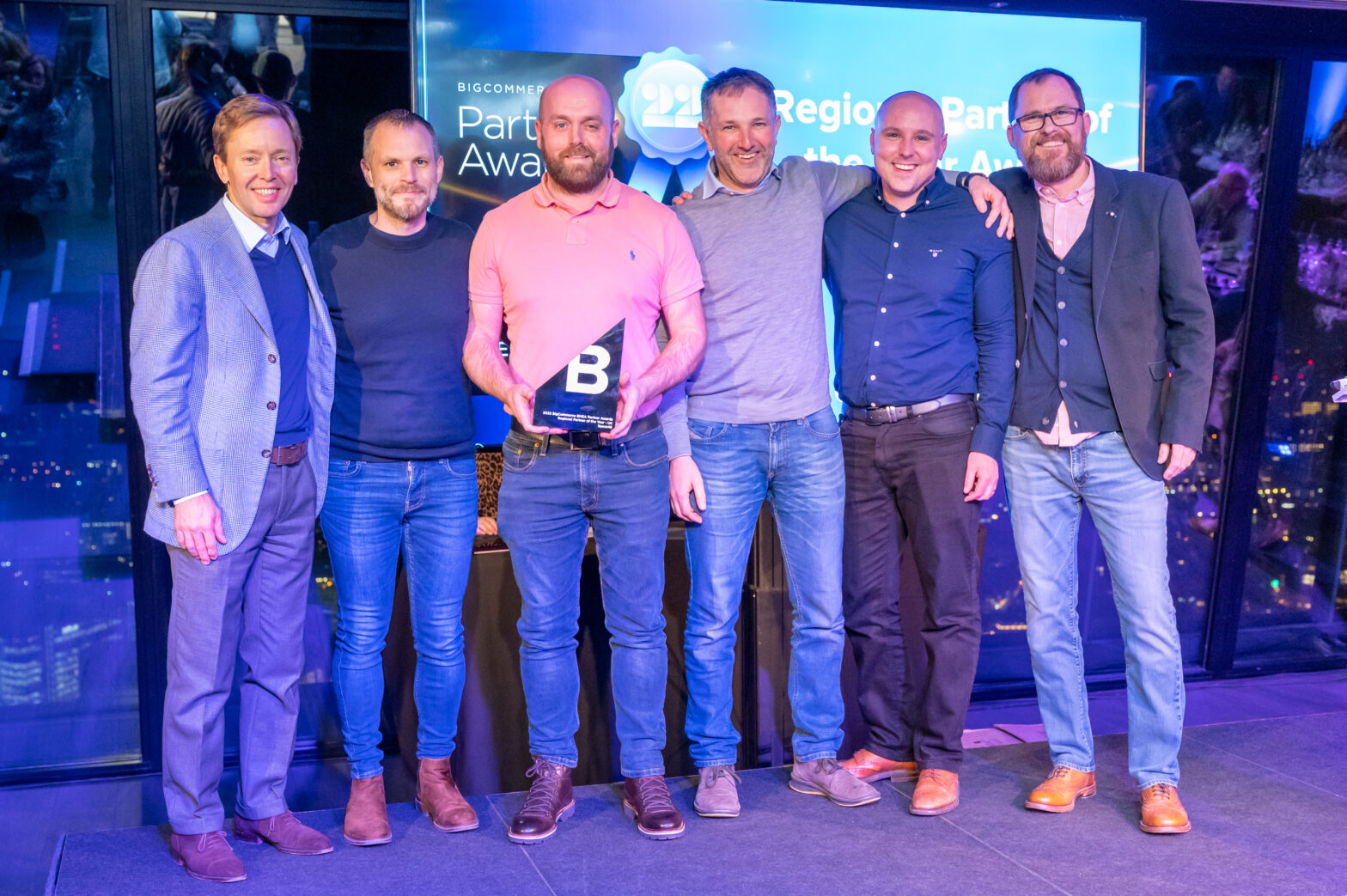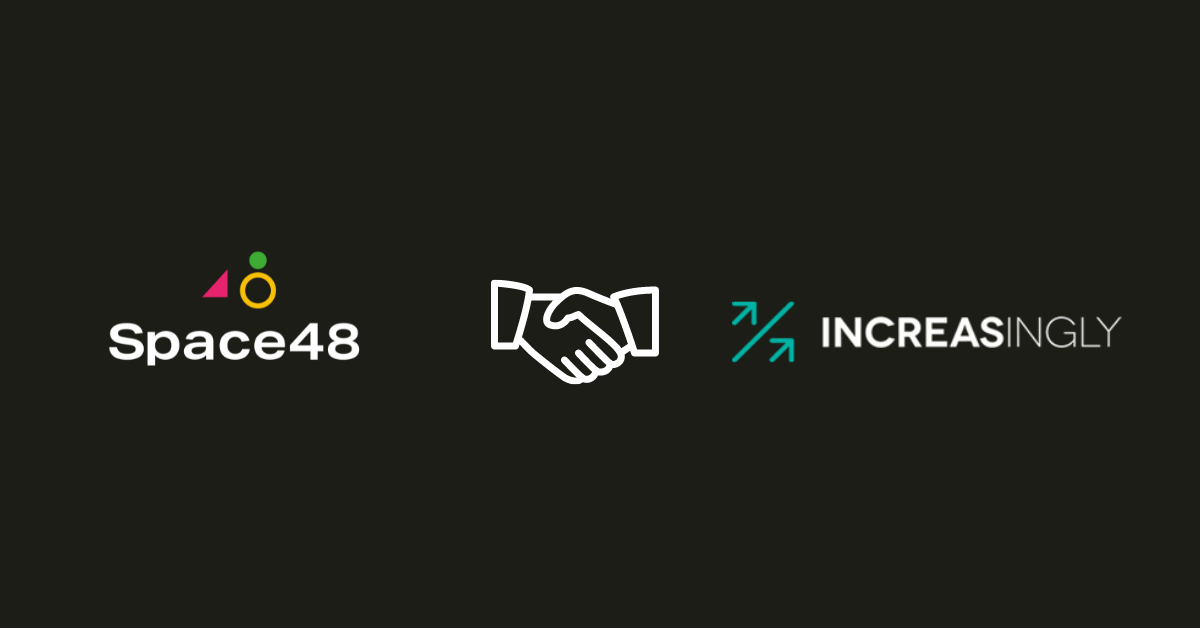
Digital project management – soft skills or software?
Earlier this year…
I was sat at DPM:UK at the Comedy Store, it felt like there was a battle being fought for the very heart of this industry. For the digital project manager it was whether you managed through soft skills or software.
I attended both the workshop and the conference (thanks boss) and the difference between the two couldn’t have been more distinct.
The workshop was about how you do the job. How do you manage a project given a particular scenario? The scenarios were typical and it was interesting to see that for the main part we all agreed on how we’d approach them. The different scenarios (a quick blog turnaround versus a three-month build) evoked responses that were so similar that you felt perhaps you’re not straying as far from the pack as you thought you were.
But as the day progressed the question seemed to become…
“But what software do I need to be a successful DPM?”
People started shouting out names. Almost eulogising about how this piece of software made their job possible, nay bearable.
My heart sank. Let’s be clear from the off. I think this job is about the soft skills.
The next day and straight out of the gate Sam Barnes told us very clearly that we’re all weird and so you’d better get used to dealing with people. Meri Williams explained that people simply don’t work as cogs in a machine. Not if you want the best out of them. And finally, a personal highlight for me, Meghan Wilker and Nancy Lyons proved beyond any doubt that failure to understand your role as being human-centred will only lead to disaster.
So, two sides of the same coin or a battle to decide the future of our industry?
I think it’s serious.
I think that we have an opportunity to make an impact now that ensures our industry leads the way in project management and goes beyond simply ‘resource management’. I don’t ever want my role to be relegated to simply shuffling coloured boxes around a calendar planner. I don’t care how sophisticated or integrated that calendar planner is.
Maybe I should learn my place. But I want all of it. I want to meet the clients. When they’re happy and angry. I want to brief the designers, when they’re being awkward and inspiring. I want to try and comprehend the mind of the most senior backend dev who I swear only sees me as a method for producing variables. I want my front end devs to continue to tell me for hours how something simply isn’t possible responsively only to come back and smugly announce they’ve done it. And for my UXers to tell me they were right all along.
Without that I don’t see the value. I don’t see the point. I worked for a long time driving a forklift truck unloading pallets from lorries. The satisfaction came not from the loading/unloading but the conversations with the drivers who, to a man, were the strangest most unlikely people I’ve ever met.

Software has a place.
Of course it does. Where would we be without Git or SVN. Skype or Slack. Trello or Jira. I’m not saying they’re not needed I’m saying beware the trap of thinking these are the job. These are things to assist. Like a carpenter uses a laser guided diamond tipped rotary blade. The good ones can always get by with just a trusty junior hacksaw.
And so this was echoed by our panel on the day. Each confirming that they can do the job with a pen and some post-its. I was relieved to be honest. I thought myself out of touch. There is clearly a battle though. As more and more people enter the sector and the methods become more diverse, what will be at the heart of the role? What will be the defining word on our CVs?
I do wonder if this makes me sound old and out of place. Like a retired teacher bemoaning the use of calculators in school because the kids don’t know how to do mental arithmetic anymore.
I could be wrong. But consider this: I’ve run projects that have gone well and one’s that have been a disaster. At the end of them, which ever way it went, software never took me out for a pint.
What are your thoughts on the subject? I really am intrigued.





